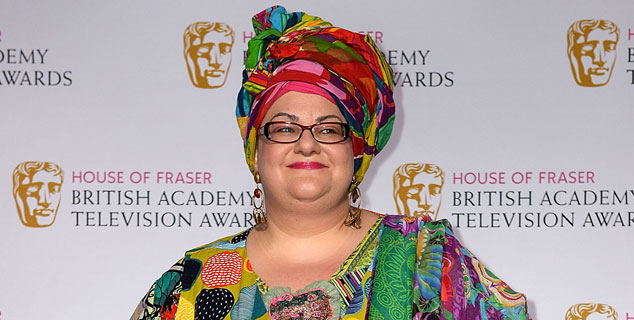
In the wake of his ‘hug a hoodie’ speech in 2006, then leader of the opposition David Cameron was desperately scratching around for someone to champion his vision of a ‘Big Society’. He found that champion in Camila Batmanghelidjh.
Charismatic, flamboyantly dressed and oozing ‘can-do’ sass, Batmanghelidjh had come to Britain at the age of 12, determined to devote her life to helping disadvantaged children. In 1996, she set up Kids Company – a charity with branches in London, Bristol and Liverpool, whose mission is to provide emotional and educational support to underprivileged inner-city children.
Celebrities from Coldplay’s Chris Martin to Damien Hurst and JK Rowling flocked to give the charity their support. The charity has also received more than £25m from the government. Overall, the charity relies on the taxpayer for around 20% of its annual funding.
What’s the problem?
The relationship’s turned sour. Speculation has been rife for months that Kids Company has grown too big to manage effectively, and is wasting public money. An article in The Spectator by Miles Goslett in February proved especially damaging. It cited the case of Joan Woodard, a benefactor who sold her house to donate £200,000 to the charity, but who became concerned when she couldn’t find out how her money was being spent. Other testimonies from former workers have pointed to the charity handing out money to children.
Concerns like this about the running of the charity have led the government to demand Batmanghelidjh step down, or it will withhold £3m in funding. However, while she has agreed to do so, she won’t be leaving. The charity released the following statement: “Camila Batmanghelidjh, the founder and chief executive of Kids Company will not be leaving the organisation and will assume an advocacy and clinical role after the appointment of a new chief executive.”
Is all the criticism one way?
Hardly. Batmanghelidgjh rounded on the government, accusing it of vindictiveness after she blamed the government for failing to protect children with its “See The Child” programme. The Guardian notes that “According to one source, Whitehall made it clear the [charity’s] campaign had failed to show the government enough respect.” Batmanghelidgjh told the BBC, “they can get rid of me but it doesn’t get rid of the problem”, while she warned The Guardian that some “ugly games are being played… The facts are that the vulnerable children of this country remain largely unprotected. There’s no point in shooting the messenger if the message is uncomfortable. I am being silenced.”
Is this an isolated problem?
Far from it. Whatever the precise truth behind the furore, it just highlights growing concerns over the level of accountability demanded of charities, despite the fact that many receive millions of pounds in public money. As Genevieve Maitland Hudson, a former employee at Kids Company, earlier this year wrote in a critical post, “The existing system demands little direct, sanctionable accountability when compared with the regulation of public services”.
If the governments supports and expects charities to carry out public services, then charities must be held to the same standards as public bodies. Regular MoneyWeek readers will know this is a hot topic with us – read Merryn Somerset Webb’s blog for more on why charities need to be reined in.